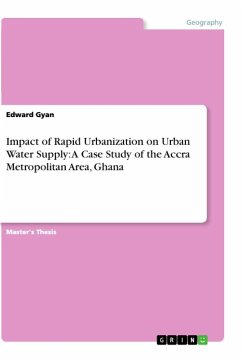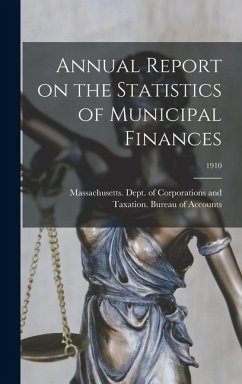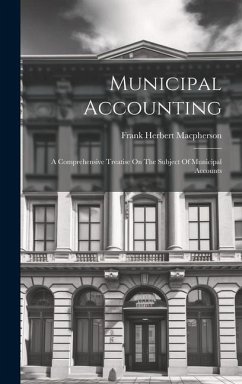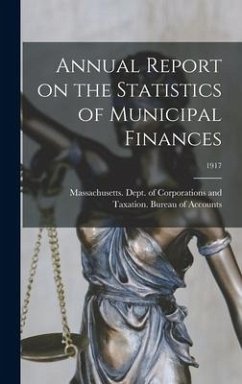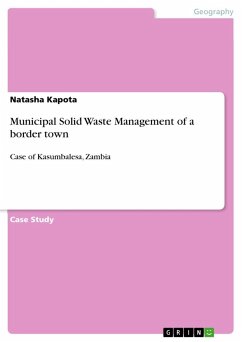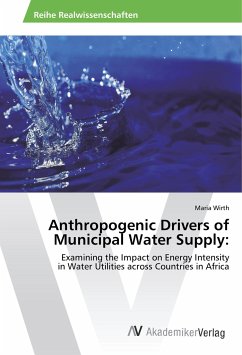
Anthropogenic Drivers of Municipal Water Supply:
Examining the Impact on Energy Intensity in Water Utilities across Countries in Africa
Versandkostenfrei!
Versandfertig in 6-10 Tagen
27,99 €
inkl. MwSt.

PAYBACK Punkte
14 °P sammeln!
Energy use for municipal water supply is often responsible for underestimated costs and carbon emissions. Meanwhile, infrastructure managers are struggling to keep up with population growth, economic development and the effects of climate change. Energy intensity of raw water extraction, drinking water purification and distribution depend on a host of supply and demand-side drivers, while cumulative energy use rises with the volume of municipal water that water utilities must produce to meet growing demand. The present study identifies socio-economic and demographic conditions that influence w...
Energy use for municipal water supply is often responsible for underestimated costs and carbon emissions. Meanwhile, infrastructure managers are struggling to keep up with population growth, economic development and the effects of climate change. Energy intensity of raw water extraction, drinking water purification and distribution depend on a host of supply and demand-side drivers, while cumulative energy use rises with the volume of municipal water that water utilities must produce to meet growing demand. The present study identifies socio-economic and demographic conditions that influence water availability, quality and volume of demand. These supply and demand-side drivers of municipal water are related to their inter-dependencies and feedback mechanisms, and linked to their impact on energy intensity in drinking water utilities. Based on these findings, the analytical framework is applied to countries in Africa, identifying high-impact factors in the different country-level contexts.



